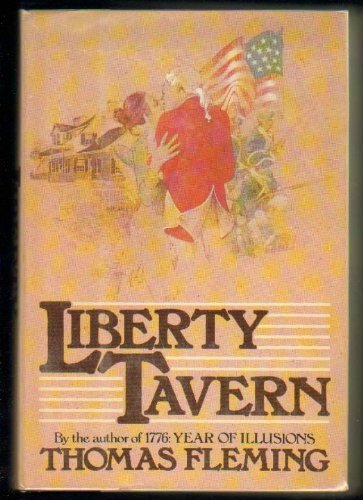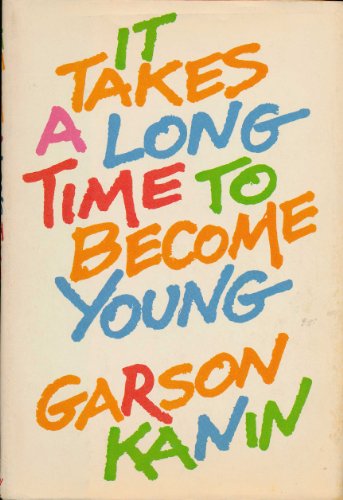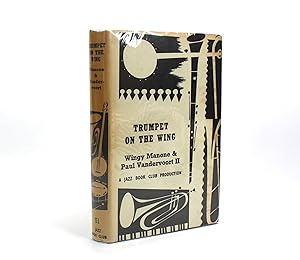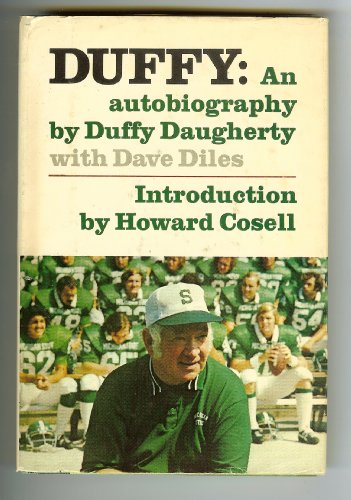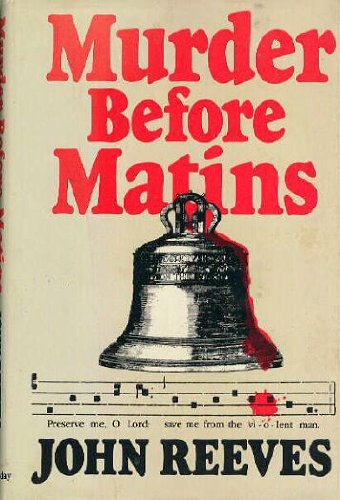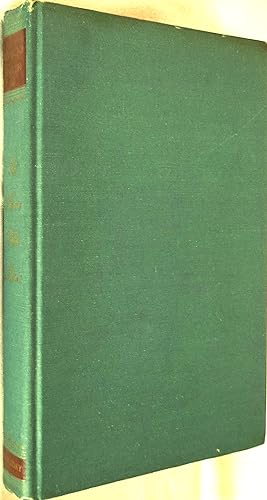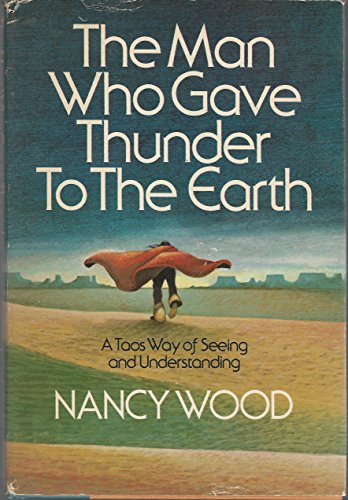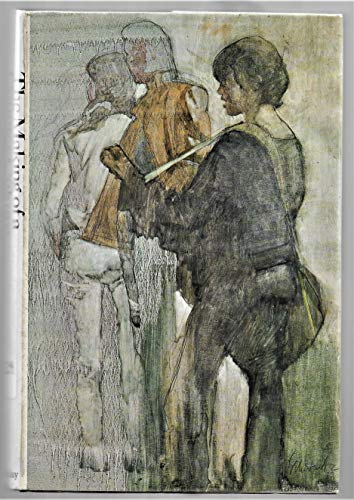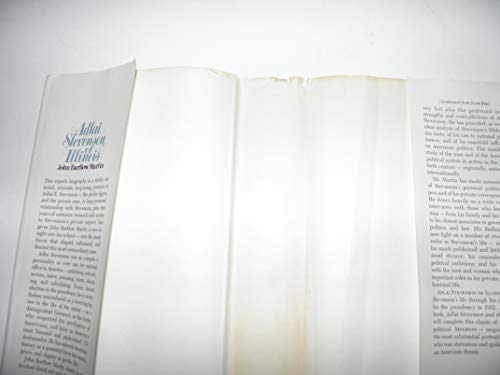doubleday amp company inc (19 results)
Product Type
- All Product Types
- Books (19)
- Magazines & Periodicals
- Comics
- Sheet Music
- Art, Prints & Posters
- Photographs
- Maps
-
Manuscripts &
Paper Collectibles
Condition
Binding
Collectible Attributes
- First Edition (1)
- Signed
- Dust Jacket (2)
- Seller-Supplied Images (3)
- Not Printed On Demand
Seller Location
Seller Rating
-
Liberty Tavern: A Novel
Published by Doubleday amp; Company, Inc., Garden City, NY, 1976
ISBN 10: 0385044208ISBN 13: 9780385044202
Seller: Books of the Smoky Mountains, Del Rio, TN, U.S.A.
Book
Condition: very good. Slightly Used Copy.
More buying choices from other sellers on AbeBooks
New offers from US$ 100.65
Used offers from US$ 27.87
Also find Hardcover
-
Mother Russia
Published by Doubleday, Doran & Amp; Company, Inc. , Garden City, New York,, 1942
Seller: Ann Becker, Houston, TX, U.S.A.
hardback. Condition: Fair. Dust Jacket Condition: No Dust Jacket. Top edge of spine slightly frayed but binding square and tight; text good . Xlib US army, DJ flaps tipped in ; Ex-Library; 9.1 X 6.1 X 2.2 inches.
-
It Takes a Long Time to Become Young: An Entertainment in the Form of a Declaration of War on the Mindless Youth Cult That Has Our Time in Its Grip .
Published by Doubleday amp; Company, Inc., Garden City, NY, 1978
ISBN 10: 0385124759ISBN 13: 9780385124751
Seller: Books of the Smoky Mountains, Del Rio, TN, U.S.A.
Book
Condition: very good. Slightly Used Copy.
More buying choices from other sellers on AbeBooks
New offers from US$ 96.06
Used offers from US$ 40.81
Also find Hardcover
-
The Complete Works of William Shakespeare
Published by Doubleday & Company, Inc., New York, 1936
Seller: Banfield House Booksellers, Gympie, QLD, Australia
Book
Cloth. Condition: Very Good. Rockwell Kent (illustrator). The Cambridge Edition Text, 1527pp., with a preface by Christopher Morley. Edges of spine slightly flecked.
-
Tennessee: Cry of the Heart/an Intimate Memoir of Tennessee Williams
Published by Doubleday amp; Company, Inc., Garden City, N. Y., 1985
ISBN 10: 0385191367ISBN 13: 9780385191364
Seller: Hafa Adai Books, Moncks Corner, SC, U.S.A.
Book
Condition: very good.
More buying choices from other sellers on AbeBooks
New offers from US$ 95.95
Used offers from US$ 46.83
Also find Hardcover
-
Jazz Book Club; Trumpet on the Wing
Published by The Jazz Book Club, London, by arrangement with Doubleday & Co. Inc., New York. Printed in London., 1964
Book First Edition
Hardcover. Condition: Good. Dust Jacket Included. 1st Edition. Trumpet on the Wing, by Wingy Manone & Paul Vandervoort II. Foreword by Bing Crosby. The Jazz Book Club was a publishing project of Sidgwick & Jackson publishers, from London, which resulted in sixty-six works being published between 1956 to 1967. This book was the autobiography of Wingy Manone, a one-armed American jazz trumpeter, composer, singer and bandleader. Published by The Jazz Book Club, London, by arrangement with Doubleday Co. Inc., New York, 1964. First edition thus, but originally published by Doubleday in 1948. Printed in London. A good blue cloth hardback with silver title design to spine. Spine colour faded, and with age-toned edges. With a good original dustjacket, with discolored spine and age toning to creases and extremities. Dustjacket flaps still have the membership slips attached. Covered in removable protective plastic. Text is bright and clean with marginal age toning and occasional age spotting. Some speckled spotting to top edge. With detailed discography at rear. Text in English. 256pp. Weight approximately 272g (unpacked). Dimensions: approximately 190mm high x 128mm wide x 23mm deep.
-
Duffy, An Autobiography
Published by Doubleday amp; Company, Inc., New York, New York, U.S.A., 1974
ISBN 10: 0385058217ISBN 13: 9780385058216
Seller: Hafa Adai Books, Moncks Corner, SC, U.S.A.
Book
Condition: very good.
More buying choices from other sellers on AbeBooks
New offers from US$ 103.57
Used offers from US$ 53.55
Also find Hardcover
-
Murder Before Matins
Published by Doubleday Canada Ltd. and Doubleday amp; Company Inc., Toronto amp; Garden City, 1984
ISBN 10: 0385193777ISBN 13: 9780385193771
Seller: Front Cover Books, Denver, CO, U.S.A.
Book
Condition: new.
-
The Survivor (LARGE PRINT) (Families of Honor Book 3)
Published by Doubleday amp; Company, Inc., 2011
ISBN 10: 1611299721ISBN 13: 9781611299724
Seller: Front Cover Books, Denver, CO, U.S.A.
Book
Condition: new.
-
At Home With Music.
Published by Doubleday & Company Inc, New York, 1946
Seller: Banfield House Booksellers, Gympie, QLD, Australia
Book
Hardcover. Condition: Very Good. Dust Jacket Condition: Good. 366 pages. Complete with all sixteen of the Magnavox collection full colour illustrations.Front of dust jacket and publisher's burb tipped in at the front paste down. Top edge tanned and lightly chipped, spine slightly frayed at top.
-
The Man Who Gave Thunder to the Earth: A Taos Way of Seeing and Understanding
Published by Doubleday amp; Company, Inc., Garden City, NY, USA, 1976
ISBN 10: 0385096828ISBN 13: 9780385096829
Seller: Front Cover Books, Denver, CO, U.S.A.
Book
Condition: new.
-
The Making Of A Counter Culture: Reflections of the Technocratic Society and Its Youthful Opposition
Published by Anchor Books/Doubleday amp; Co, Inc., 1969
ISBN 10: 0385073291ISBN 13: 9780385073295
Seller: Front Cover Books, Denver, CO, U.S.A.
Book
Condition: new.
More buying choices from other sellers on AbeBooks
New offers from US$ 97.16
Used offers from US$ 123.75
Also find Softcover
-
Adlai Stevenson of Illinois: The Life of Adlai E. Stevenson
Published by Doubleday amp; Company, Inc., 1976
ISBN 10: 0385070101ISBN 13: 9780385070102
Seller: Front Cover Books, Denver, CO, U.S.A.
Book
Condition: new.
-
Adventures of Huckleberry Finn: Including the Omitted, Long, Brilliant Raft Chapter, With the Final "Tom Sawyer" Section, Abridged
Published by Doubleday amp; Company, Inc, Garden City, NY, 1985
ISBN 10: 0385232446ISBN 13: 9780385232449
Seller: Front Cover Books, Denver, CO, U.S.A.
Book
Condition: new.


